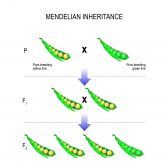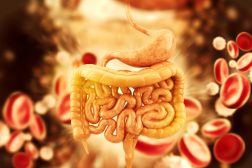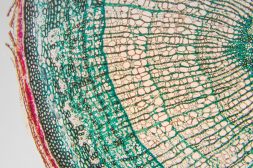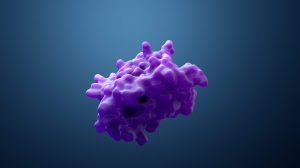Definition
noun
(parasitology) The stage in the life cycle of an endoparasite wherein it can initiate infection to its host
Supplement
A life cycle of a parasite pertains to its cyclic life history. It generally starts from the phase of a fertilized (embryonated) egg. The larva is then released from the egg to develop and reach adulthood, i.e. the reproductive phase in the life of a parasite. The life cycle of a parasite may be direct or indirect. A direct life cycle is one that which it completes its life cycle in a single host. An indirect life cycle is when a parasite requires another host for its development. The stage in the life cycle at which the parasite is able to initiate an infection to its host is referred to as an infective stage. It is in contrast to the diagnostic stage, i.e. the stage at which the parasite leaves the host, e.g. through excretion together with the stool, urine, or sputum. The infective stage of a parasite is one in which the parasite is capable of entering its host and continue its development within the host. Infection in connection with parasitology is defined as an invasion of the body by an endoparasite thereby inciting reaction from the host’s immune system. An endoparasite is a type of parasite that is found inside the body of the host. In contrast, the ectoparasite is one that thrives outside the body of its host. For example, Ascaris lumbricoides, a nematode, is an endoparasite that lives in the gut of its host. Its infective stage is the embryonated egg (as well as the second larval stage). Ingestion of the embryonated egg is one of the modes of transmission of this nematode.
See also:
Dictionary > Infective stage
You will also like...

Inheritance and Probability
Gregor Mendel, an Austrian monk, is most famous in this field for his study of the phenotype of pea plants, including ..

Principles of Hormonal Control Systems
Hormones are essential in the regulation of the activity of the various biological systems of the human body. The ineffi..

Physical Development in Humans
This tutorial elaborates on the physical development of humans, particularly from puberty to adulthood. Read this tutori..

Human Biology – Food and Digestion
This tutorial recognizes the importance of food as a source of energy that will fuel many biological processes. A good d..

Plant Tissues
Plant organs are comprised of tissues working together for a common function. The different types of plant tissues are m..

Protein Variety
The sequence of amino acids determines the type of protein. Protein is synthesized according to the sequence of nucleoti..

